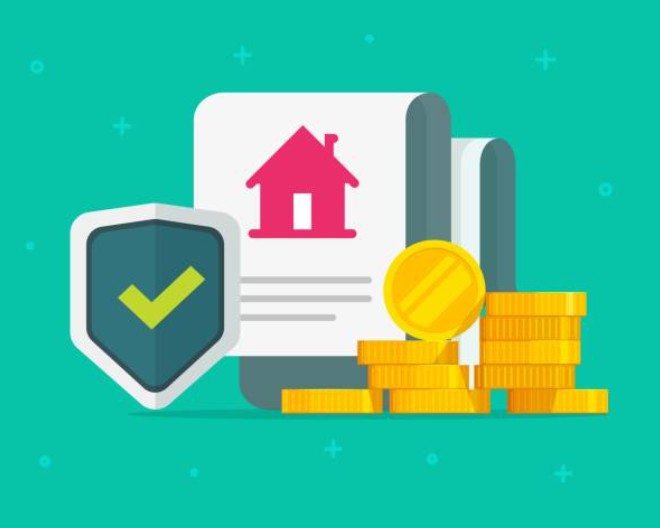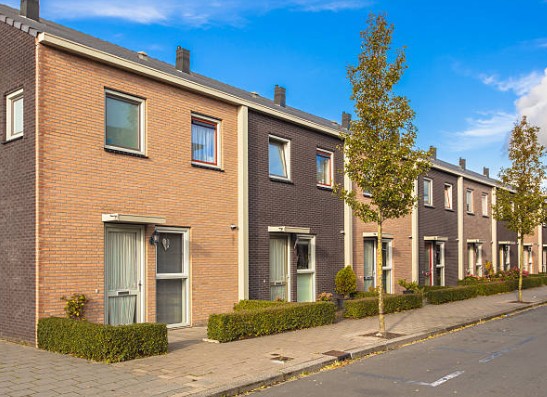When you’re a single person over 35 and renting a property in the UK, understanding how much housing benefit you can get is essential, especially as living costs continue to rise. Many people in this situation search for answers but often find outdated or incomplete information. This guide explains everything you need to know, from how much you could receive to what factors can affect your entitlement.
Whether you’re already claiming benefits or considering applying, this article breaks it down in a way that’s clear, practical, and easy to follow.
What Is Housing Benefit, and Who Can Apply?

Housing Benefit is a type of financial support provided by local councils in the UK to help people on low incomes pay their rent. While Universal Credit has largely replaced Housing Benefit for new claimants, there are still many people receiving it, especially those in certain circumstances like living in supported or temporary accommodation.
You can apply for housing benefit if:
- You’re on a low income (whether working or not)
- You pay rent to a private landlord, housing association, or council
- You have savings under £16,000 (unless you receive guaranteed Pension Credit)
For those over 35, specific rules apply that could make your entitlement higher than younger people, mainly due to the Shared Accommodation Rate being less relevant.
How Much Housing Benefit for Single Person Over 35?
The amount of Housing Benefit for a single person over 35 depends on several factors, but the key advantage for this age group is that you’re generally entitled to the one-bedroom Local Housing Allowance (LHA) rate instead of the shared accommodation rate.
Key factors that affect the amount you can get:
- Your local LHA rate: This is set by your local council and depends on rental prices in your area.
- Your rent amount: If your rent is higher than the LHA, you’ll need to cover the shortfall yourself.
- Your income and savings: The more you earn, the less benefit you may receive.
- Other benefits you claim: Certain benefits like Jobseeker’s Allowance or Universal Credit can affect your entitlement.
Example:
In some areas, the one-bedroom LHA rate could be around £120–£200 per week. If your rent is £180 per week and your LHA rate is £160 per week, Housing Benefit might cover up to £160, and you would pay the remaining £20.
It’s important to check your local housing allowance rate, as it can vary significantly between regions like London, Birmingham, or smaller towns.
What Is the Local Housing Allowance (LHA) and Why Does It Matter?

The Local Housing Allowance (LHA) is the maximum amount of housing benefit you can receive for properties in your local area, based on rental market levels.
For single people over 35:
- You’re usually entitled to the LHA for a self-contained one-bedroom property.
- This can mean a significant increase in support compared to those under 35, who are typically restricted to the lower shared accommodation rate.
LHA rates are reviewed annually, and each postcode area has different rates. For example:
- A one-bedroom LHA rate in Manchester may be £150 per week.
- The same in Westminster, London, might be around £300 per week.
Your local council website or the UK Government’s LHA calculator can give you the precise figure for your area.
Can Housing Benefit Cover the Full Rent for a Single Person Over 35?
One of the most common questions is whether the housing benefit can fully cover rent.
The short answer is: It depends on your rent compared to your LHA rate.
- If your rent is at or below your area’s LHA rate, housing benefit could cover your full rent.
- If your rent is higher, you’ll usually need to pay the difference yourself.
For example:
- If your LHA rate is £180 per week and your rent is £175 per week, housing benefit could potentially cover it in full.
- If your rent is £200 per week, housing benefit will likely only cover up to the £180 LHA rate, and you’ll pay the £20 gap.
Many private landlords set rents above the LHA rate, which can cause affordability issues. In some cases, Discretionary Housing Payments (DHP) may be available from your council to help bridge the shortfall, but these are not guaranteed.
How Does Age Affect Housing Benefit Entitlement?
Age plays a crucial role in determining how much housing benefit you can receive.
Key points:
- Under 35: Generally limited to the Shared Accommodation Rate, which assumes you are renting a room in a shared house.
- Over 35: Usually entitled to the rate for a self-contained one-bedroom flat or studio, which is significantly higher.
This change at age 35 can make a substantial difference in the level of support you can receive. It often makes it easier for single people to afford living independently rather than in shared accommodation.
Does Housing Benefit Change if You Move to a Different Area?

Yes, moving can directly affect your housing benefit.
When you move to a different local authority area:
- Your LHA rate will likely change.
- Some areas have much higher LHA rates due to higher average rents.
- You may receive more or less housing benefit depending on where you move.
For example:
- Moving from a low-rent town to central London could nearly double your LHA rate, but rents will also be much higher.
It’s essential to use the LHA calculator for the new postcode before moving to understand whether housing benefit will still make your rent affordable.
How Can You Apply for Housing Benefit If You Are Over 35?
If you’re already claiming benefits or need help with rent, you can apply for housing benefits through:
- Your local council (if you’re not claiming Universal Credit)
- As part of your Universal Credit claim (if you are a new claimant)
Steps to apply:
- Contact your local council directly or visit their website.
- Provide necessary documentation like ID, proof of income, tenancy agreement, and bank statements.
- Complete the application form carefully and provide all requested details to avoid delays.
If you need additional support, many local councils have housing advice teams that can help you navigate the process.
Final Thoughts
Understanding how much housing benefit for single person over 35 can get is key to managing your living costs, especially in the current rental market.
Being over 35 gives you access to a higher level of housing support compared to younger claimants, but the exact amount will always depend on your local area and your personal circumstances.
It’s important to:
- Check your local LHA rates
- Calculate how much of your housing benefit will cover
- Explore other support, like Discretionary Housing Payments, if there’s a shortfall
For the most accurate information, always contact your local council or use the government’s official tools.






